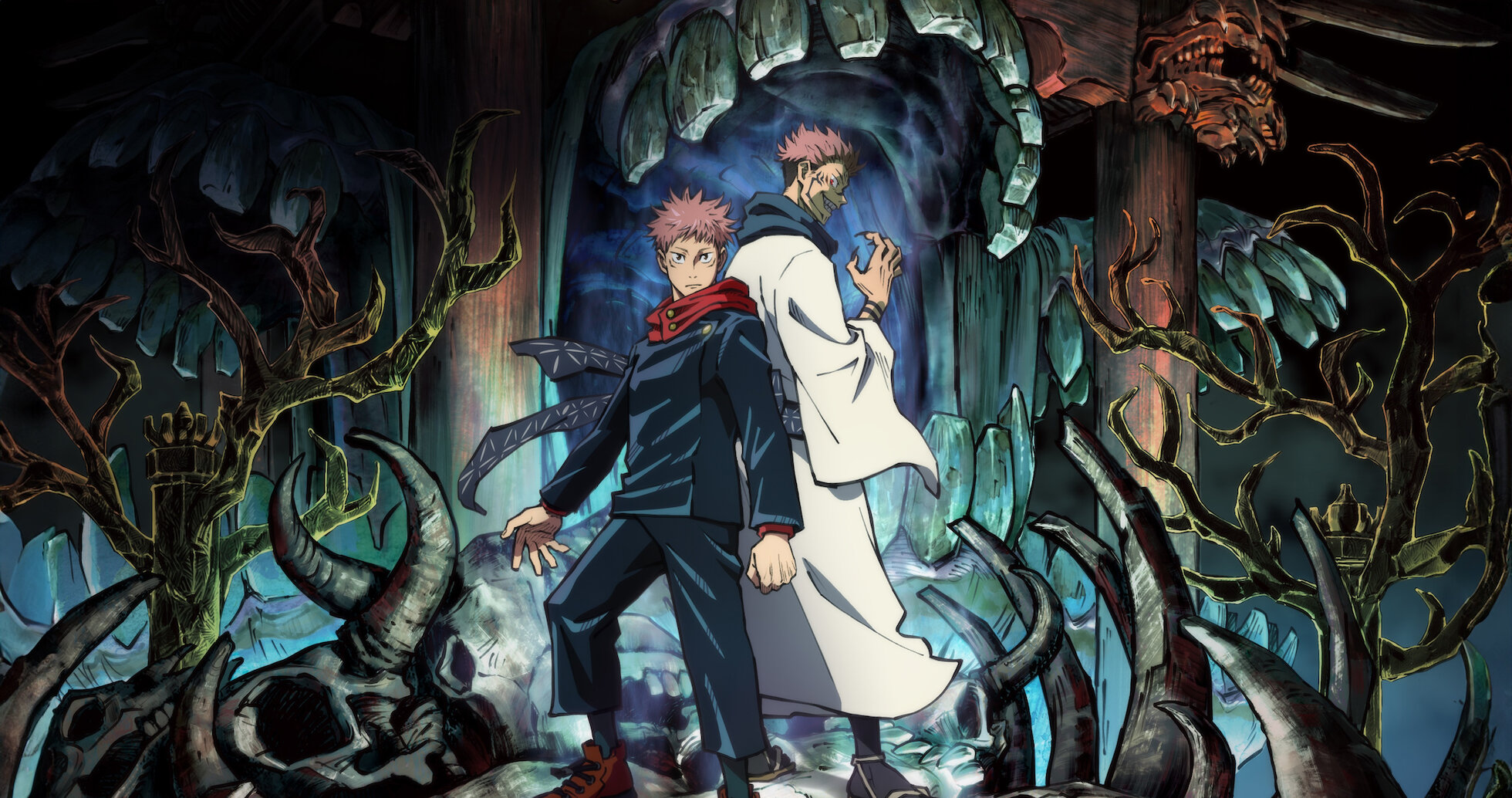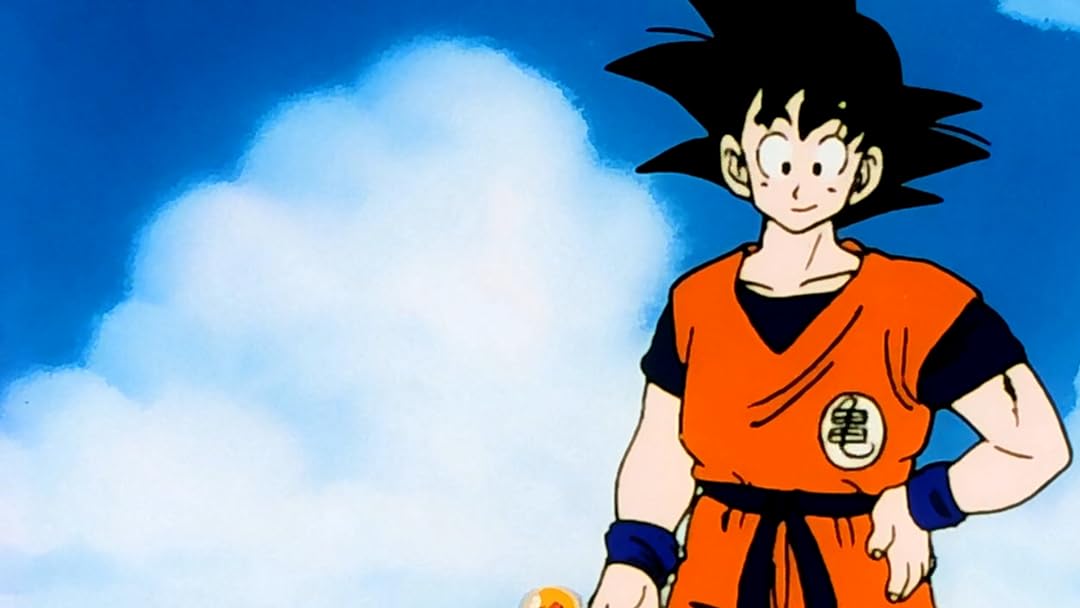VERSIÓN EN ESPAÑOL (click aquí)
Buenos días, buenas tardes o buenas noches, damas y caballeros. ¿Cómo están? ¿Cómo se encuentran el día de hoy? Espero que muy bien. Yo, particularmente, me encuentro de buen humor, aunque con un problemita de salud que prefiero no mencionar; no se preocupen, no es para nada grave, es algo mínimo, o eso creo.
En mi anterior post acerca del tema de la censura —que, por cierto, se está tornando cada vez más grave, teniendo ahora censura inclusive en Twitter— es que, sinceramente, no me explico todo esto: que una pequeña sociedad puritana tenga tanto control se me hace bastante extraño. Pero veremos qué acontece a continuación. Ya verán que los consumidores terminarán ganando. En fin, en ese post recibí un comentario donde, de cierta forma, se decía que los animes de antes eran mejores y que actualmente solo tenemos material sexualizado, lo cual difiero ampliamente, ya que, aunque tengamos algunas obras que se basan en la más pura perversión, tenemos otras que simplemente son obras maestras que no podemos dejar pasar. Inclusive, si no hablamos de obras maestras, también tenemos obras muy buenas que, para algunos, serán memorables.
Tampoco es que todo sea mejor en esta época, pero el debate está abierto, por lo que quiero dar mi punto de vista para luego podamos debatirlo en los comentarios. Así que, sin más dilación, hablemos sobre qué es mejor: ¿los animes de antes o los de ahora? (Aunque no voy a decir ganador, jajaja).
Good morning, good afternoon, or good evening, ladies and gentlemen. How are you? How are you doing today? I hope you’re doing well. Personally, I’m in good spirits, though with a minor health issue that I’d rather not mention—don’t worry, it’s nothing serious at all, just a small thing. Or at least, I think so.
In my previous post about the topic of censorship—which, by the way, is becoming increasingly severe, now even extending to Twitter—I must admit, I truly don’t understand how a small puritanical society has gained so much control. It strikes me as quite odd. But we’ll see what happens next. Mark my words, consumers will end up winning in the end. Anyway, in that post, I received a comment suggesting that older anime were better and that nowadays we only get sexualised content—a view I strongly disagree with. While there are certainly works based on sheer perversion, there are others that are outright masterpieces we can’t overlook. Even if we’re not talking about masterpieces, there are still plenty of very good works that some will find memorable.
Not that everything is better in this era, but the debate is open, so I’d like to share my perspective before we discuss it further in the comments. So without further ado, let’s talk about what’s better: old-school anime or today’s anime. (Though I won’t declare a winner, haha).

[_Source_](https://www.primevideo.com/-/es/region/na/detail/Ranma-12/0SFBE73NVJ03MIAL8JI43R0CRM?&language=es)
VERSIÓN EN ESPAÑOL (click aquí)
Hablemos sobre qué tiene más impacto cultural: ¿los animes antiguos o los actuales? Sinceramente, creo que este punto es fácilmente para los animes viejos, donde gracias a sus historias profundas o acción trepidante lograron atrapar al espectador, además logrando que algunas persistieran en el tiempo, haciendo que incluso nuevas generaciones aprendan acerca de estos animes tan viejos de los ochenta, como podrían ser icónicos *Dragon Ball*, *Naruto*, *Bleach* o *Sailor Moon*, que marcaron y siguen marcando infancias hasta el día de hoy. Ahora, con la entrada del *streaming* y la popularización del anime, el fenómeno se ve más extendido.
Con los animes nuevos hay un problema: que, al ser productos efímeros, parece que están hechos para momentos nada más, siendo populares únicamente en su primera temporada y luego, en las demás, bajando drásticamente su popularidad debido a la aparición de otras obras. Ahora que estamos expuestos a tanto contenido y a una gran variedad de opciones que ver, no estamos "forzados" a casarnos con una obra, haciendo que las obras perduren menos en el tiempo. Igual es ese fenómeno social de la inmediatez: ya no tenemos que esperar capítulos cada semana, podemos ver un anime del tirón y después echarlo a la basura; no hay el tiempo suficiente para guardarles cariño.
Let’s discuss which has a greater cultural impact: classic anime or modern anime? Honestly, I believe this point easily goes to the old-school anime. Thanks to their profound storytelling or gripping action, they managed to captivate audiences, with some even enduring over time—leading newer generations to discover these ’80s classics. Iconic examples like *Dragon Ball*, *Naruto*, *Bleach*, or *Sailor Moon* defined childhoods then and continue to do so today. Now, with the rise of streaming and anime’s global popularity, the phenomenon has expanded further.
Modern anime face a problem: as ephemeral products, they often feel designed for momentary hype. They might dominate during their first season, only to see popularity plummet in subsequent ones due to new releases. With endless content at our fingertips and a sea of options, we’re no longer "forced" to commit to a single series—resulting in shorter cultural lifespans. It’s also that societal shift towards immediacy: we no longer wait weekly for episodes. We binge a series in one go, then toss it aside. There’s simply not enough time to grow attached.

[_Source_](https://www.netflix.com/title/81278456?preventIntent=true&locale=es-ES)
VERSIÓN EN ESPAÑOL (click aquí)
Una cosa buena de la actualidad es la diversidad de géneros que tenemos disponibles para elegir; donde antes era acción o nada, ahora tenemos comedias o obras más relajadas. Puedes buscar algo que se adecúe a tus gustos. Algunos defienden de sobremanera lo antiguo, siendo más fanáticos de la nostalgia y dejando de lado la innovación en muchos aspectos. Pero una cosa que hay que reconocer es que muchas obras actuales usan bastante inspiración de obras antiguas. Solo hay que tomar como ejemplo *Jujutsu Kaisen*, que bebe mucho de la temática de *Bleach*, y su equipo principal es parecido al Equipo 7 de *Naruto*. ¿La inspiración es mala? Claro que no. Eso deriva, en algunos casos, en buenas obras o en que, si te gustó una, seas más abierto a ver otra que toma inspiración de ella. Aunque siempre están los que comparan y quizás digan que es una copia descarada.
Creo que el mejor punto de la era actual del anime es que se ha perdido ese estigma de que quien viese esto es un rarito de pocos amigos. Hoy en día, la gran mayoría lo ven y lo disfrutan. Además, con los avances tecnológicos en la industria, tenemos animaciones mucho más fluidas y sorprendentes; solo hay que fijarse en Ufotable, Kyoto Animation o MAPPA para hacerse una idea de la evolución que estamos viviendo. Un anime antiguo, debido a la pesadez de su creación, era más tosco porque costaba más su elaboración, pero eso no le quita los diseños de la época que, aún al día de hoy, generan esa nostalgia por lo buenos que eran.
Si lo piensas bien, claramente no hay un ganador. Cada época tiene sus cosas, y lo mejor que podemos hacer es disfrutar ambas. Pero dime, ¿tú qué opinas?
One positive aspect of modern anime is the sheer diversity of genres available today. Where it used to be action or nothing, we now have comedies and more relaxed shows - you can truly find something to suit your tastes. Some fans fiercely defend the old classics, becoming prisoners of nostalgia while dismissing modern innovation. But we must acknowledge how many contemporary works draw heavy inspiration from older series. Just look at *Jujutsu Kaisen*, which borrows extensively from *Bleach's* themes, while its core team closely resembles *Naruto's* Team 7. Is this inspiration bad? Absolutely not. Often it leads to excellent new works, or might make you more open to trying similar series - though there'll always be those who dismiss them as shameless copies.
The greatest achievement of today's anime era is how it's destroyed that old stigma of anime fans being social outcasts. Nowadays, everyone watches and enjoys it. Plus, with technological advances in the industry, we're treated to incredibly fluid and breathtaking animation - just look at what studios like Ufotable, Kyoto Animation or MAPPA are achieving. Older anime, constrained by more laborious production methods, often had rougher animation, but that doesn't detract from their iconic designs that still trigger nostalgia for how brilliant they were.
When you think about it, there's no clear winner. Each era has its strengths, and the best approach is to enjoy both. But tell me - what's your take on this?
___
